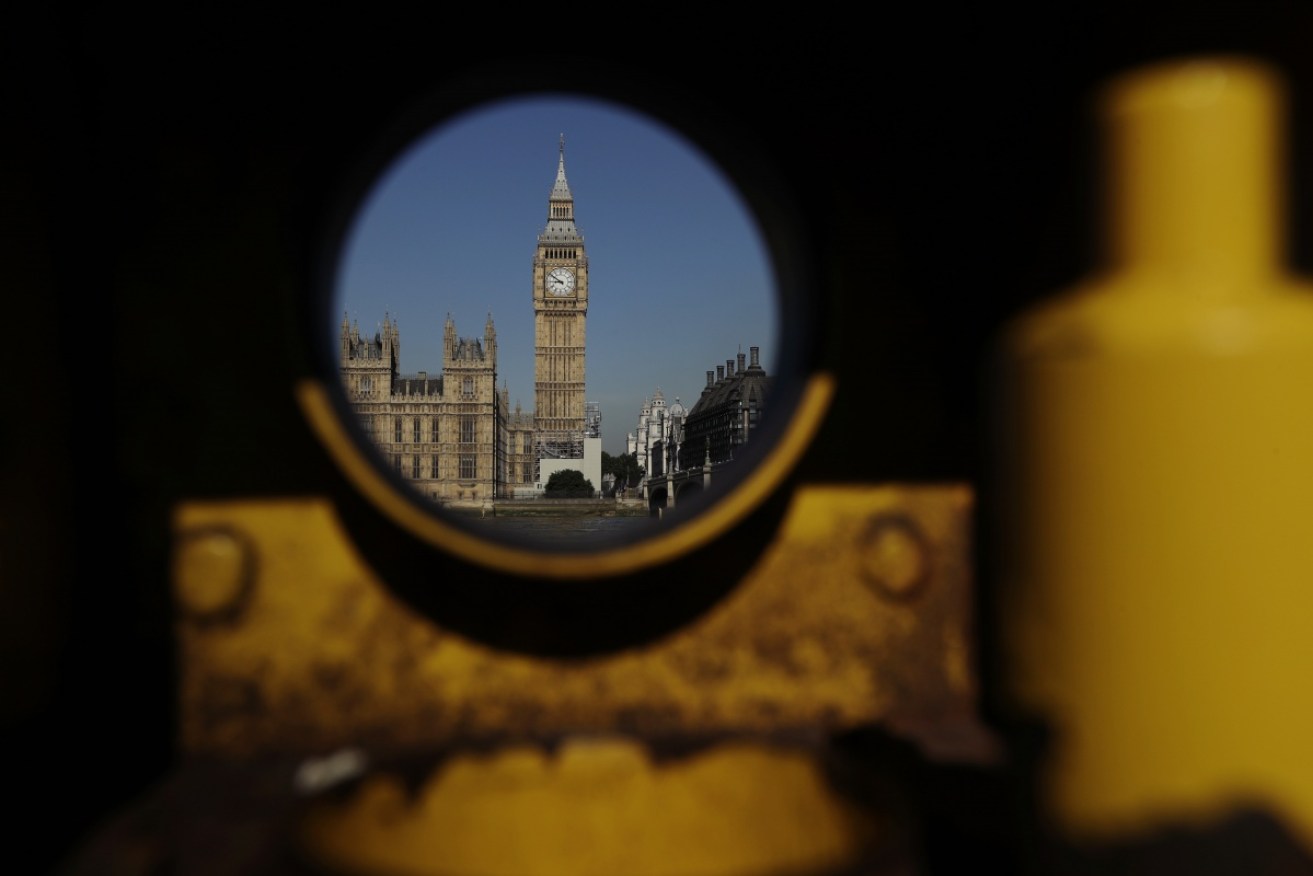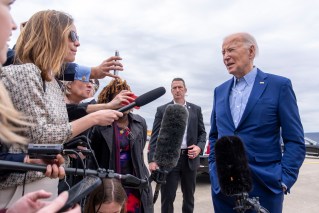UK, EU talk up chance of Brexit deal

After almost a year of waffling, Britain finally opens negotiations with its European Union counterparts on Monday about leaving the bloc. Photo: AP
The clock is ticking on negotiations after a first day of talks on Britain’s exit from the European Union (EU) that the clock is ticking on negotiations, but the British Brexit minister says he’s optimistic they will yield a swift and positive outcome.
The Brussels talks began almost a year after Britain unexpectedly voted in a referendum to leave the EU and less than two weeks after British Prime Minister Theresa May lost her overall majority in snap elections that raised questions about the stability of the government the EU faces.
“The clock is ticking,” EU chief negotiator Michel Barnier told a joint news conference with Brexit minister David Davis on Monday
He added that an orderly withdrawal was essential for both Britain and the EU.
A fair deal for both sides was possible, he said.
Mr Barnier quoted the founder of the trading bloc that later became the EU, Jean Monnet, as saying: “I am neither optimistic nor pessimistic. I am determined.”
Mr Davis, taking up the historical theme, quoted British wartime leader Winston Churchill.

Theresa May said political unity was integral for Britain to exit from the EU. Photo: AP
“The pessimist sees difficulty in every opportunity, the optimist sees opportunity in every difficulty. And so bridging between Churchill and Monnet I am certainly a determined optimist,” he said.
Mr Davis said Britain’s negotiating position had not changed as a result of his Conservative Party’s poor showing in recent elections.
Britain, he said, would seek to leave both the single market and the customs union and forge a separate trading agreement.
Both men said they had spent a great deal of time discussing the question of Northern Ireland where all parties seek to uphold the free border.
Mr Davis, a veteran campaigner against EU membership, said he sought quick and substantive progress in what is scheduled to be a two-year negotiation before Britain leaves the EU.
Mr Barnier said it was important to tackle uncertainties caused by Brexit.
He said those were the rights of expatriate citizens and problems of a new EU-UK border, notably cutting across Ireland.
Mr Barnier did not mention a third EU priority — that Britain settle a bill of tens of billions of euros before it leaves in 21 months.
That financial issue is already a bone of contention, as is Brussels’ refusal to discuss a new free trade deal until after it is resolved.
Ms May, whose future is uncertain after she lost her Conservative majority in an election this month, has insisted that trade talks start immediately and run in parallel.
A problem for British negotiators is to resolve what trade relationship they want.
While “Brexiteers” like Davis have strongly backed Ms May’s proposed clean break with the single market and customs union, finance minister Philip Hammond and others have this month echoed calls by businesses for less of a “hard Brexit” and retaining closer customs ties.
“We are … determined to build a strong and special partnership between ourselves, our European allies and friends,” Davis said before the talks.
Mr Barnier has said a divorce deal should be ready by October next year to give time for parliamentary approval. With or without a deal, Britain will be out of the EU on March 30, 2019.
– AAP








